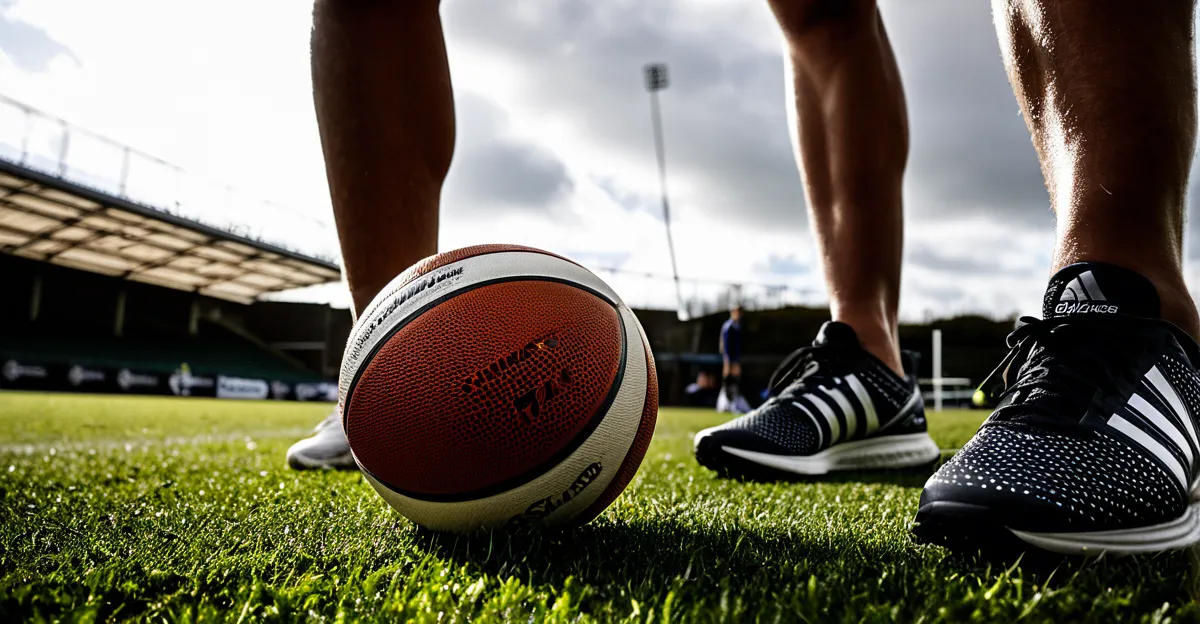Overview of Training Regimens in UK Sports
Training regimens in UK sports serve as the backbone for athlete development and competitive success. These structured programs are carefully designed to balance physical conditioning, skill acquisition, and tactical understanding, catering specifically to the requirements of each sport.
The purpose of sports regimens in the UK is to optimize performance by aligning training intensity and focus with the seasonal calendar and individual athlete needs. Typically, training practices UK-wide emphasize periodisation—dividing the training year into phases such as preparation, competition, and recovery—to ensure peak performance at key events.
Topic to read : Is the Future of UK Sports Dependent on Youth Programs?
A clear distinction exists between amateur and professional training approaches. Professionals benefit from highly tailored programs incorporating scientific monitoring, nutrition, and recovery protocols. In contrast, amateur athletes often follow more generalized regimens with limited access to specialized resources. However, increasing adoption of technology and structured coaching is narrowing this gap.
By understanding the sports regimens overview in the UK, stakeholders gain insight into how consistent training practices UK-wide contribute to elevating athletic standards while adapting approaches to accommodate varying experience levels and sports disciplines. This ensures that both aspiring amateurs and elite professionals maximize their potential through well-designed training regimens.
Also to see : Analyzing the Rise of Women’s Football in the UK: What Are the Challenges Still Facing the Sport?
Football Training Regimens
Football training UK programs combine physical fitness, technical skills, and tactical understanding to prepare athletes comprehensively. This triad forms the foundation of football fitness programs, ensuring players enhance stamina, ball control, and game strategy simultaneously.
A typical weekly schedule in UK football coaching for professionals might include:
- Intensive endurance and strength training early in the week.
- Technical drills focusing on passing, shooting, and ball manipulation.
- Tactical sessions simulating match scenarios.
Amateurs often follow a condensed version emphasizing general fitness and fundamental skills due to limited resources.
Data-driven analysis is increasingly shaping football training UK, with GPS tracking and video review allowing coaches to tailor sessions based on individual performance metrics. This integration of sports science elevates both team and player development by providing precise feedback.
Moreover, the rise of sports technology in UK football coaching enables monitoring recovery and preventing injuries, making training practices UK more efficient and personalized. Training regimens in football today reflect a synergy of tradition and innovation, supporting athletes in maximizing their competitive edge.
Rugby Training Techniques
Rugby training regimens UK focus heavily on strength, endurance, and injury prevention. The physical nature of rugby demands conditioning that prepares athletes for intense contact and sustained effort. Emphasis is placed on building muscular power alongside cardiovascular fitness to handle the sport’s unique demands.
Training practices UK rugby teams use include contact drills and game simulation to replicate match scenarios realistically. These are crucial for developing decision-making under pressure and improving tackling technique while minimizing injury risk. Coaches integrate these drills with tactical sessions to enhance team cohesion and situational awareness.
Nutrition and recovery innovations are rapidly advancing within UK rugby fitness programs. Tailored diets optimize energy levels and muscle repair, while recovery protocols incorporate physiotherapy, cryotherapy, and active rest. This holistic approach reduces downtime and improves performance consistency throughout the season.
By combining rigorous physical conditioning, game-like practice, and cutting-edge recovery, rugby training regimens UK ensure players maintain peak fitness and resilience. Such practices highlight the sport-specific adaptations necessary in UK sports training and demonstrate an evolving commitment to athlete welfare and competitive success.




